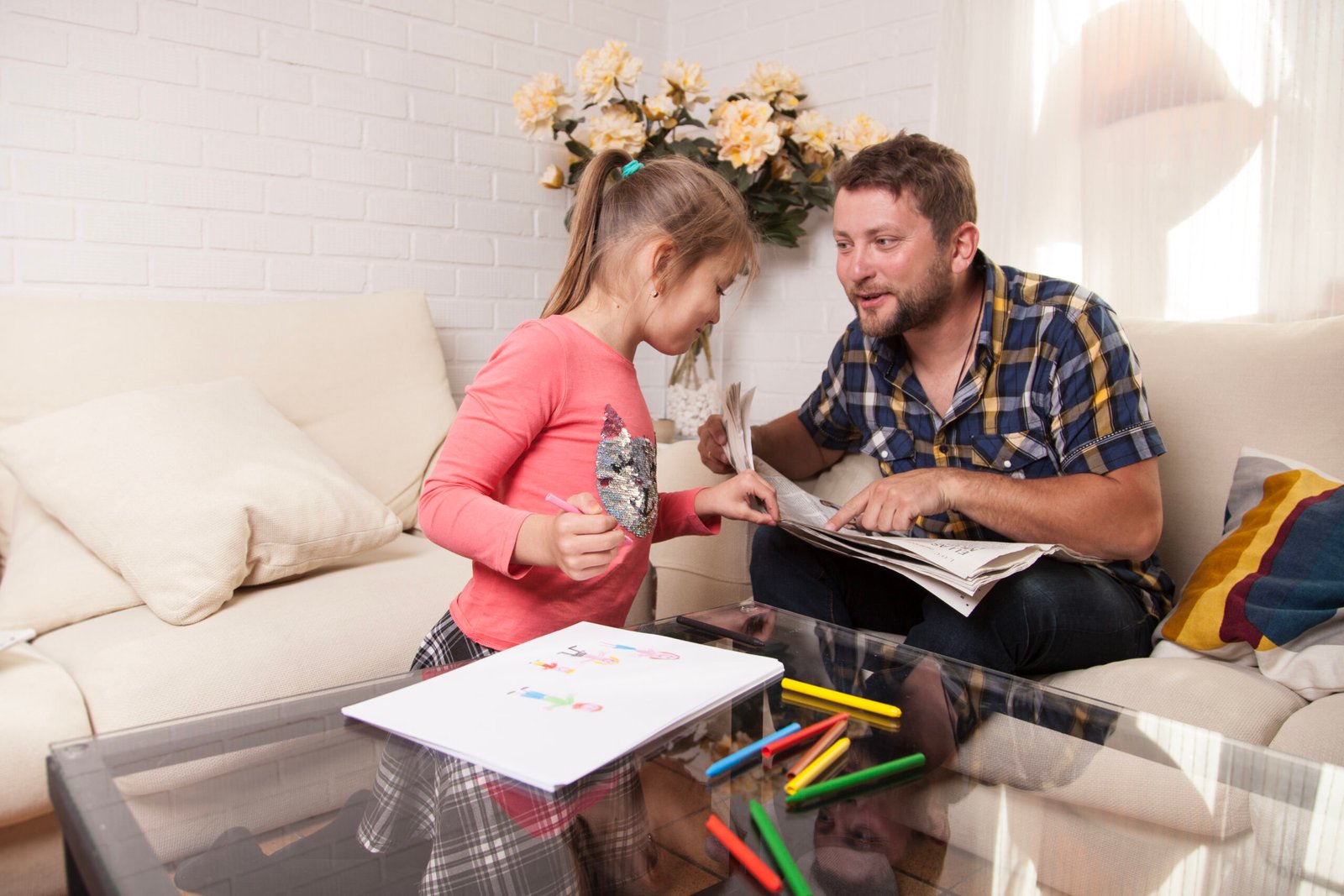Everything You Need to Know About Positive Parenting Parenting involves guiding, protecting, and nurturing children, all while equipping them with life skills to grow into well-rounded adults. Among the various approaches to raising children, positive parenting has gained recognition for fostering resilience, capability, and happiness in children. Contrary to critics who see it as a hands-off approach, positive parenting is neither passive nor indulgent. While some claim positive parenting rewards children for minimal effort and shields them from real-world consequences, this is a misconception. The core of positive parenting lies in treating children with dignity and respect, not in spoiling or coddling them. Let’s dive deeper into what positive parenting really is and how it can be applied in your family. The Origins of Positive Parenting Positive parenting was pioneered by Alfred Adler, a 20th-century psychologist who challenged the then-dominant views of parenting. He advocated for treating children as individuals, deserving of the same respect typically reserved for adults. While initially criticized, his ideas have since gained widespread acceptance. Adler understood that treating children with respect doesn’t mean forgoing boundaries or consequences. He warned against overprotective parenting, which could foster entitlement or a lack of empathy. Positive parenting involves both setting realistic expectations and enforcing clear boundaries with compassion and firmness. Benefits of Positive Parenting Research shows that positive parenting benefits children and parents alike. It helps raise children who: Feel emotionally secure and confident. Develop independence and self-reliance. Exhibit empathy, knowing they are cared for. Understand the consequences of their actions. For parents, positive parenting can lead to: Stronger bonds with children, focusing on love rather than punishment. Reduced yelling and frustration. A calmer home environment. Fewer conflicts over discipline. Understanding Behavior A cornerstone of positive parenting is recognizing that all behavior, whether positive or negative, has an underlying cause. Children’s actions are often a reflection of unmet emotional needs, like feeling a lack of significance or belonging. Misbehavior often signals distress or confusion, rather than deliberate defiance. By viewing tantrums and meltdowns through this lens, parents can identify the emotional triggers and respond constructively. Positive parenting encourages parents to turn difficult moments into opportunities for connection and growth, focusing on understanding rather than punishment. Discipline in Positive Parenting Discipline is an essential part of positive parenting, but it differs from traditional punishment. Clear boundaries and consistent consequences teach children about rules and the results of breaking them. Inconsistent enforcement can lead to confusion and frustration, so it’s crucial to be both fair and firm. Putting Positive Parenting Into Practice Positive parenting doesn’t guarantee perfectly behaved children, nor is it always easy. It requires patience and effort from parents, especially when the temptation to raise your voice is high. But the reward is children who feel secure, respected, and capable. As parents, it’s also about unlearning negative habits and committing to creating a loving, supportive environment.
